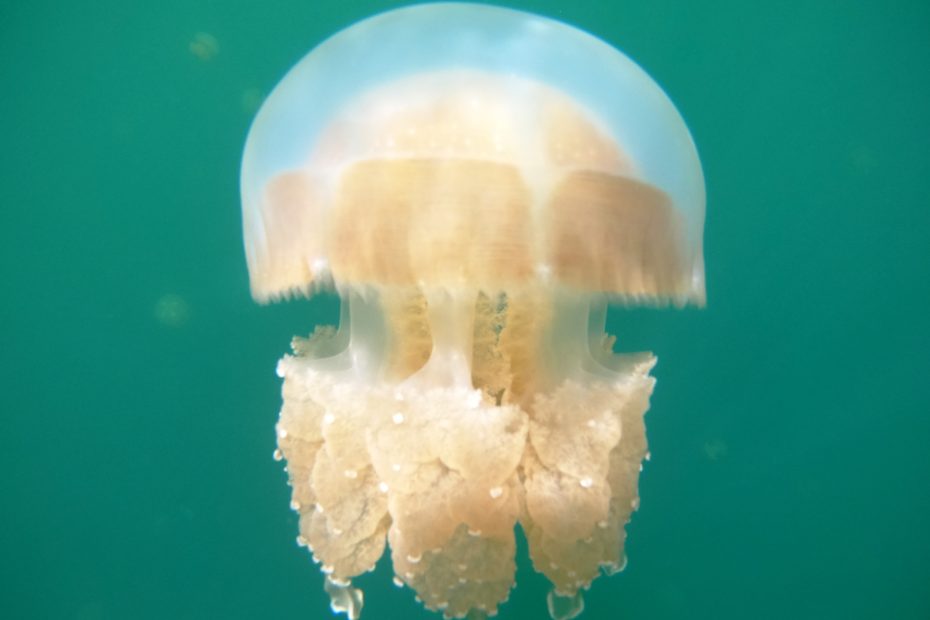Table of Contents
Introduction
The island nation of Palau, located in the western Pacific Ocean, has a small but vibrant indigenous culture. With around 22,000 people, Palau is one of the world’s smallest independent countries, but its traditions and customs have endured for centuries. Immersing in Palauan culture provides a window into traditional island life and beliefs. This article will explore some of the key traditional practices and customs that offer a rich cultural experience.
Traditional Practices
Fishing and Farming
At the heart of Palauan life is a subsistence lifestyle relying on fishing and farming. Palauans traditionally fish from outrigger canoes using methods like trolling and angling that have been passed down for generations. Reef and bottom fishing remain important ways to put food on the table. On land, taro is a staple crop grown in the hillside patches Palauans have farmed for centuries. These traditional fishing and farming practices provide an ongoing connection to the past.
Storytelling and Oral History
Storytelling and oral history are vital to Palauan culture. Legends, folk tales, and proverbs have been passed down to preserve cultural values and traditions. Elders share stories, songs, and chants to teach younger generations about the past. This oral tradition keeps Palauan heritage alive and creates a rich legacy of intangible culture. Listening to these stories provides insight into Palauan beliefs.
Canoe Building
Palauans were traditionally master canoe builders, constructing vessels used for fishing, transportation and war. Different types of canoes had unique designs, including the peileng, used for open ocean fishing, and the sabbak, a racing canoe. Palauans built canoes without plans, instead relying on centuries of knowledge passed down from master to apprentice. Seeing these canoes hand-carved from native woods illustrates Palauans’ connection with the sea.
Customs and Values
Family Structure
The family is the foundation of Palauan society. Extended family members form close-knit clans and work together to support each other. Elders are respected for their knowledge and experience. This traditional family structure reinforces community ties and provides stability. Taking part in family events offers an intimate look at these bonds.
Gender Roles
Traditional Palauan culture observes clear gender roles. Men fish and build canoes and houses, while women tend taro patches and weave baskets and mats. Strict traditions governed relationships between men and women. While some of these distinctions have relaxed over time, Palauan gender customs provide insight into traditional island culture.
Hospitality and Sharing
Palauan custom dictates that villagers should welcome visitors and share food and resources. This hospitality and sharing strengthens community cohesion. When entering a village, guests often observe Palauan customs by presenting traditional gifts like betel nuts or tobacco. These practices build goodwill and reciprocity. Experiencing Palauan hospitality provides a window into how villages help each other.
Belief Systems
A mixture of animism and ancestor worship infuses Palauan belief systems. Palauans traditionally believed that gods and spirits inhabited the islands, sea, and natural elements. Respecting ancestor spirits through ceremonies and offerings was also important. When Christianity arrived in the 19th century, Palauans blended the new religion with existing customs. Learning about these beliefs provides insight into Palauan worldviews.
Conclusion
Immersing in Palau’s living indigenous culture is a special experience full of meaning. Practices like fishing, farming, and canoe building connect Palauans to their past, while storytelling and gift sharing strengthen bonds and values. Strict gender roles and respect for elders also define Palauan customs. Blending traditional animist beliefs with Christianity reflects Palauans’ adaptability. By participating in Palauan cultural traditions, visitors can gain an authentic understanding of this vibrant island heritage.
FAQs
What are some key traditional practices in Palau?
Some important traditional practices include fishing and taro farming, storytelling and oral history, and constructing canoes from native woods. These practices provide links to Palau’s cultural past.
How do Palauans traditionally welcome visitors?
Palauan hospitality dictates that visitors should be warmly welcomed and hosted with food and gifts. Presenting visitors with betel nuts or tobacco shows friendship and goodwill.
What roles do Palauan elders play in society?
Elders pass down oral history, legends, and skills like fishing and building. They are respected for preserving knowledge and guiding younger generations to maintain Palauan heritage.
How has Christianity blended with Palauan animism?
When Christianity arrived in the 19th century, Palauans incorporated it into their existing animist and ancestor worship traditions. This religious syncretism allowed Christianity to take root in Palauan culture.
Why is fishing so culturally vital for Palauans?
Fishing has sustained Palauans for centuries and is deeply tied to their maritime culture. Traditional methods reinforce connections to the past and embody Palauans’ identity as a seafaring people.
